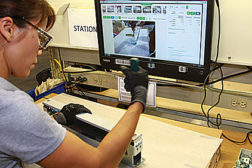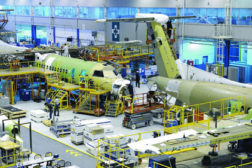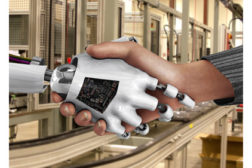Articles by Austin Weber
Never miss the latest news and trends driving the manufacturing industry
Stay in the know on the latest assembly trends.
JOIN TODAY!Copyright ©2024. All Rights Reserved BNP Media.
Design, CMS, Hosting & Web Development :: ePublishing




